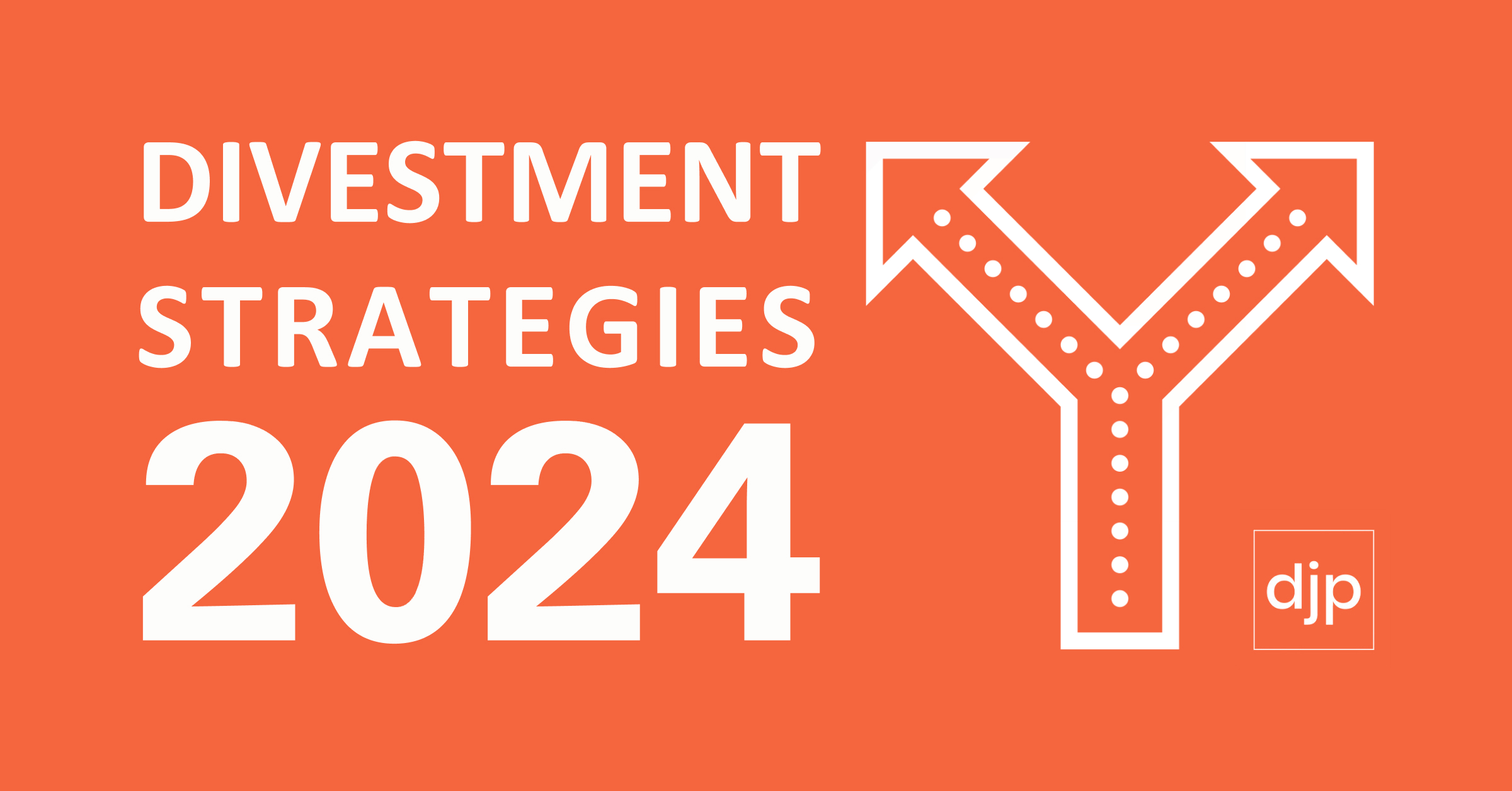The Benefits of Using a Practice Broker Part II

In Part I, I spoke of the steps involved in selling a practice or parcel of fees. In Step 1 I covered the listing of a practice or parcel of fees, Step 2, identifying potential purchasers and selecting the most appropriate. I made some preliminary comments about Step 3, the negotiation process. 3. The negotiations […]
In Part I, I spoke of the steps involved in selling a practice or parcel of fees. In Step 1 I covered the listing of a practice or parcel of fees, Step 2, identifying potential purchasers and selecting the most appropriate. I made some preliminary comments about Step 3, the negotiation process.
3. The negotiations (continued)
Rarely does one get a seamless deal. For the vendor, our knowledge of what is often a tough and complex game, can really help. We understand what games are likely to be played and can be ready to deal with them.
We work to achieve a flexible solution. Someone once said, “Accountants don’t play fair with each other”. Well, yes, sometimes, but at other times they are most fair and reasonable. Some Accountants are a delight with whom to work.
So, we are the buffer who they can call for a reality check.
At the end of the negotiation, if both parties are proceeding and each is on the edge of getting what they want, then we feel we have a successful deal. This is an especially important outcome if you want to maintain a good relationship after the deal is done.
We have heard of deals where the vendor accountants continue to refer work and clients to the purchaser, for years after the deal was done. This can considerably average down the purchase price. Certainly we suggest to both parties that they “be on their best behaviour for the first six months”.
Clearly, if it is a merger, rather than a sale, then the need to maintain a good relationship is paramount. Overly tough negotiations can sour a deal.
The legal documents
In most cases at least 3 and maybe 4 documents are needed.
4.1 The sale contract
Some solicitors have problems understanding the terminology and issues in a contract for sale of a practice or parcel of fees. We work with them to make sure the documents properly reflect the deal and what the parties in principle have agreed. This especially relates to the purchase price of goodwill and non goodwill assets, liabilities taken over, payment terms and clawbacks.
These days contracts may not stop at clawbacks, and allow for reverse clawbacks. It is critical to check expectations – how does each party understand each separate clause will be applied? What is a continuing client, in what circumstances will a client or job be held to have come out of the purchased client base? Who are the key people; what staff have to be retained?
As the contract is reviewed new points may be raised. Obviously these need to be resolved.
4.2 The premises lease or reassignment, property purchase, etc
Separate agreements are required here. Generally property is not purchased but leased for a period of time, maybe with an option to buy.
4.3 The employment/consulting agreement
This requires careful thought, especially if payment is based on chargeable hours. My preference is for billed and collected hours. In some situations vendors are required to introduce the purchaser to clients, this may not happen and it can be difficult to force compliance.
The duration of the contract is critical, who will be able to serve notice to terminate and on what terms? A restraint will also be included here. Recently a firm found it was helpful to have a specific clause which precludes an accountant contacting clients and disparaging the owner of the fees.
4.4 A possible separate/additional restrictive covenant
Sometimes this is necessary. A lot depends on the advice from the solicitors for the vendor and the purchaser. It may also be necessary if the vendor is going to continue in professional practice in some way.
A summary
Sometimes I reflect on the statement made by a US CPA who said of accountants “we think what we do is not rocket science, but for most of the people with whom we deal, it is rocket science”.
Well in my case it is the reverse. Most accountants think what we do is not rocket science, but we feel in many cases, with the various personalities and complications, it is absolutely rocket science.
Negotiation – it’s an art form.
Latest Posts
See all posts
Everyone’s Tech Stack 2024

2024 Divestment Strategies
